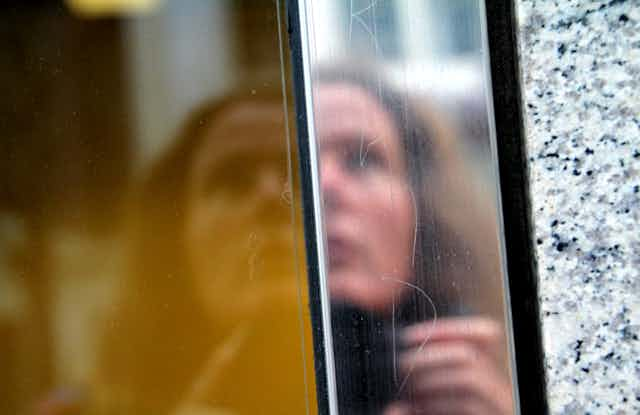Want to help fix the science/ society divide? We’re making a documentary looking at how we might do this, and we’re looking for your help. Why? Well …
You don’t need to be a rocket sociologist to know that things aren’t entirely smooth between science and society these days.
Article after article here on The Conversation speak of significant public debate on key science based issues. On climate change, genetically modified foods, vaccination and evolution - and many other issues besides - it seems a large gap has opened up between what science is telling us and our social and political response.
All you have to do is look at the comments following any piece on climate change to see conflicting opinions being belted from one side to the other.
Many people have sought to blame this acrimonious situation on a lack of scientific literacy or understanding of science in the general population. They’ve suggested that to fix this we need to flood people with ever more information.
Others have complained that people just don’t think enough “like scientists”. They’ve suggested that to fix this we need to bang them over the head with the glories of the scientific method.

Yet in countless places we’re finding more and more evidence that shows hitting people with “the facts” just isn’t making a difference. Not only has it been shown that hammering home the facts is insufficient for changing behaviour at the individual and societal levels, this stance has also allowed science to be portrayed as opaque, aloof and arrogant.
Indeed, hitting people over the head with facts in the hope the truth will gradually win out is probably just going to make people dig their heels in further. Yale Professor of Law and Psychology Dan Kahan’s recent research shows that increased scientific literacy correlates not with acceptance of a scientific position but with polarisation, as the video below illustrates:
Scientific illiteracy isn’t the root of conflict in current science-policy issues. Worldviews, values, beliefs and ideology have all been shown to have a greater influence on personal and societal beliefs than understanding, education and literacy alone.
So what do we do about it?
It’s clear: the communication of science should be as strategic as the science itself and integrated directly into the scientific process.
At the moment we’re making a documentary film about the modern communication of science and how we can all do things better.
The film follows our travels with leading climate researchers throughout rural and regional Australia, where we sought to change the typically antagonistic dynamic between science and society by listening to the concerns, opinions and questions of these rural communities. You can see a trailer of the film here:
At the heart of this is a recognition that if we scientists are going to contribute to solving the world’s problems, then we’re going to have to start paying more attention to the people who will use our research. We’re going to have to start listening.
There’s no silver bullet for science communication; but building reflexivity into our approaches will safeguard against future failures, and integral to this reflexivity is listening.
And doing this, we’re trying to practise what we preach. We’re embedding listening in what we’re doing. We’re asking, quite simply, do you think we can all communicate better? Do you want to help find a solution to our science/ society divide? Do you think we’re on the right track?
If you’re not interested, that’s OK.
If you think we’re wrong, that’s OK, too. (But please tell us how we’re wrong and how we can improve).
If you think we’re on the right track - if you think there is a problem - and if you think we can work together like this to solve it - then we’d love to hear from you.
Comment here, send us an email. We’ll embed your feedback in the film we’re making. If you’d be interested in seeing this documentary, what would be the most useful thing for you?
Tell your colleagues and friends about the project. If you’re feeling generous (or happen to be rich) put up a dollar or two.
When it comes down to it, if you want to be listened to, you’ve got to start by listening.
Find out more - or support the project - by clicking here. Any assistance is really appreciated.

